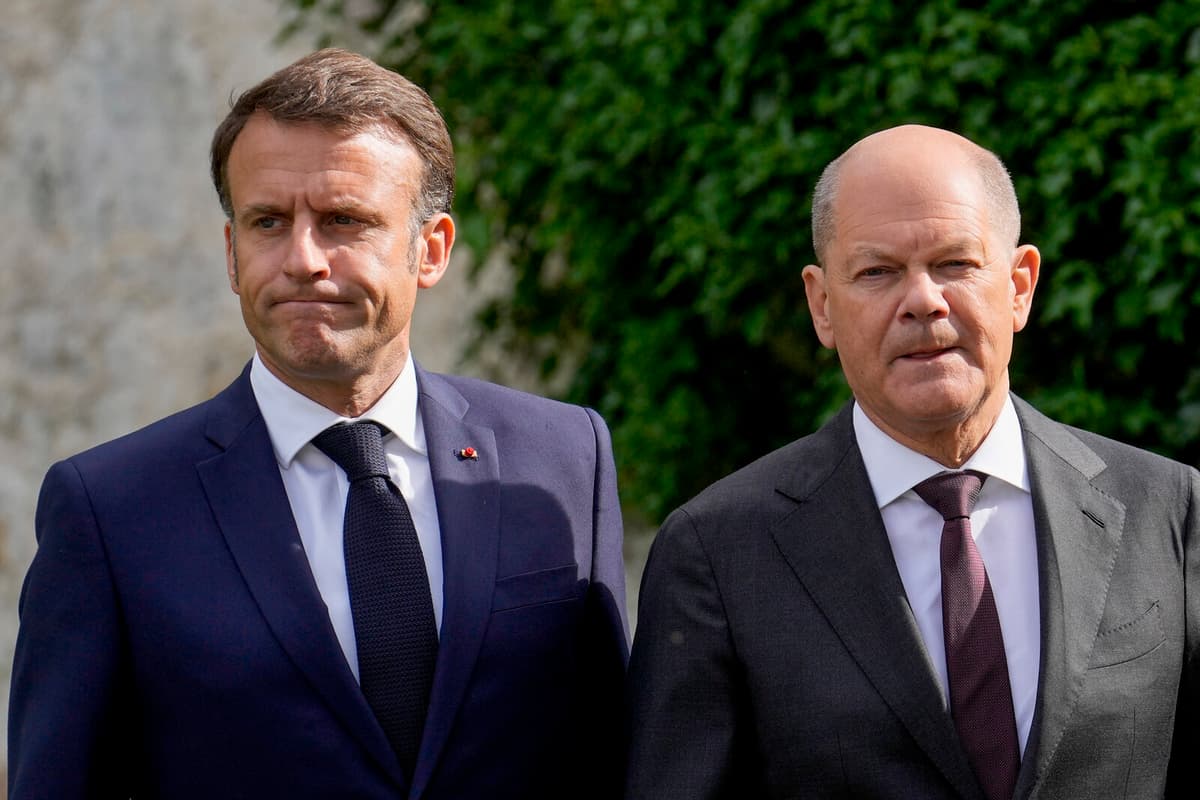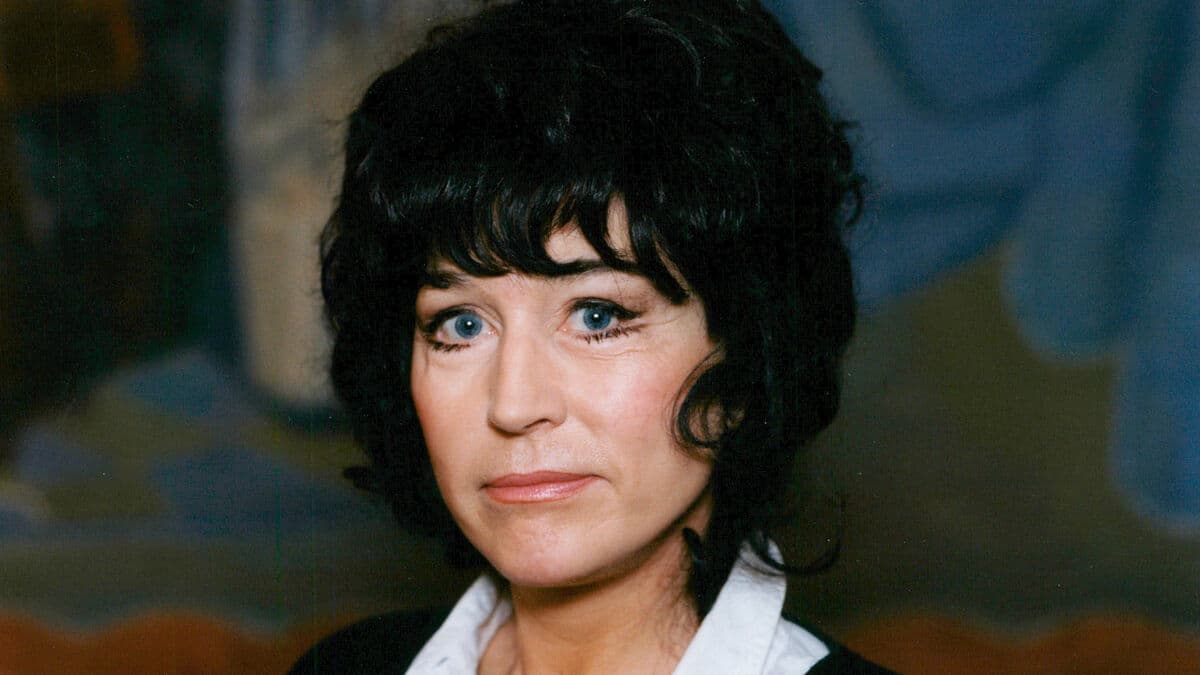The Commission President Ursula von der Leyen has increasingly emerged as Europe's most powerful leader. But it doesn't help her much when her two most important backers have major domestic political problems.
Germany's Federal Chancellor Olaf Scholz and France's President Emmanuel Macron are under heavy pressure and weak at home. And that makes the EU historically weak, notes André Sapir, a political scientist at the Brussels-based think tank Bruegel.
Yes. I think it will be difficult to make progress, says Sapir to TT.
"Nothing happens"
Admittedly, the EU is much more than just France and Germany. But getting anything done in the EU without strong engagement from at least one of the heavyweights is difficult.
It's not like France and Germany can change Europe on their own, but they can create a dynamic that drags others along. If France and Germany don't cooperate, nothing happens, says Sapir.
He doesn't think von der Leyen can drive progress instead.
No. I can't see how the EU Commission President can lead without at least one of the two leaders being strong. The EU is not the United States of Europe. Member states, and above all the two largest, are absolutely necessary.
Tusk moves forward?
The German-French uncertainty will make it difficult for the EU to make decisions on everything from asylum policy to trade agreements.
Instead, a period of increasing disagreement between member states and political groups in the EU Parliament is likely to await.
Perhaps Poland and its strongly EU-engaged government under Prime Minister Donald Tusk can move forward their positions during this time. However, neither the influence nor the votes are sufficient for Warsaw to replace Paris or Berlin.
Barnier in key role
The deadlock may well persist until September 2025, until the next German election. Or even until France's next presidential election, 2027.
André Sapir still sees an opportunity for France to take the lead – if former Brexit negotiator Michel Barnier succeeds in gathering "right" ministers into a strong government.
Macron has a weak position, but his choice of prime minister can give some hope for him and his ability to drive an agenda over the next three years. It depends very much on who he picks. It's a very narrow path, says Sapir to TT.
Germany's Federal Chancellor Olaf Scholz belongs to the Social Democratic Party (SPD), which in the EU election in June only got 14 percent of the votes. Since then, the party has also made very weak election results in the federal state elections in Thuringia and Saxony, just like the governing coalition partners in the Greens and the liberal FDP.
France's President Emmanuel Macron also had to settle for only 14 percent for his liberal movement LREM in the EU election. A quickly called new election to the French parliament has also made LREM lose its majority, and Macron has instead launched right-wing politician Michel Barnier as the new prime minister.






